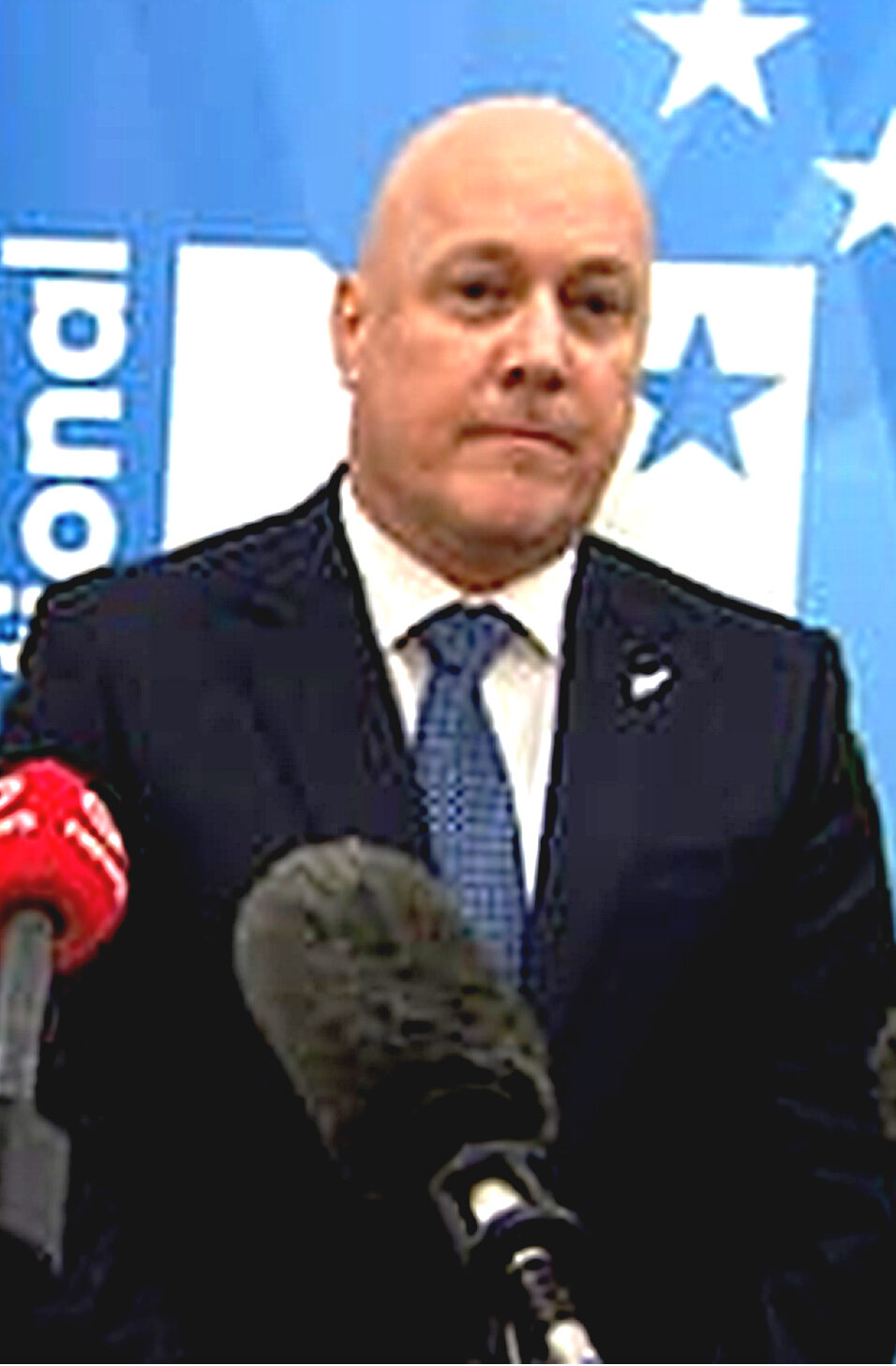Government fulfils promise to scrap the Auckland Regional Fuel Tax, infrastructure growth an important priority!
Last week, the coalition Government announced that from 1 July we will be scrapping the Auckland Regional Fuel Tax (RFT), which added 11.5 cents per litre tax on fuel for Aucklanders.
Throughout
the campaign Aucklanders continued to tell us that the tax was putting an unnecessary extra cost onto their household budgets while you were already struggling with cost-of-living struggles
Roughly half of the money raised by the tax so far is still unspent, meaning that some were being taxed more without seeing any benefit in return. Removing this additional tax will help ease that burden a little and provide some relief for those who were feeling the pinch.
The RFT was supposed to help fund important projects like Mill Road and Penlink. While Mill Road was cancelled, and Penlink received full Crown funding, Auckland Transport has used the tax revenue to fund many non-roading projects including more cycle lanes, redlight cameras, speed humps, and the lowering of speed limits across the city.
Aucklanders have repeatedly been told there is not enough money to fund major infrastructure upgrades, with projects like the Eastern Busway suffering from budget shortfalls.
But with more than $340 million in RFT cash sitting unspent, it is becoming increasingly difficult for our local commuters to accept such excuses and the resulting delays in delivery.
Auckland is facing significant infrastructure challenges. Population growth combined with years of poor road maintenance and degradation have made it harder to get around.
Our city needs real investment now to get projects underway that will reduce congestion and improve transport options, particularly in poorly served areas.
Throughout the campaign we had a strong focus on communicating our desire to build resilient, future-proofed infrastructure that will benefit all New Zealanders.
New Zealand faces a large infrastructure deficit, meaning that we do not have sufficient infrastructure in place to support the growth of our population and the strain that will eventually pose on our roads, hospitals, schools and more.
Infrastructure is not just a vital tool to ensure that we can support population growth – it also acts as a mechanism to both support and drive economic investment. For example, by having modern, safe, and resilient roading in the right places we can cut down on commuter times, while in the process boosting productivity and efficiency for businesses and road users.
The last National government supported their infrastructure program through the delivery of the ‘Roads of National Significance’ program. Through that program roading projects such as Puhoi to Warkworth, the Waterview Tunnels, Tauranga Eastern Link, Transmission Gully, and the Christchurch Northern Corridor were funded and completed.
As Prime Minister I want to ensure that we are continuing to build the necessary infrastructure that we need to boost economic growth and productivity. Our coalition agreement with the New Zealand First party promises to build 13 new roads of National Significance.
To this aim, we wish to fund and construct roads such as the Whangarei to Port Marsden route, Warkworth to Wellsford, Mill Road Stage One, Tauriko West State Highway 29, Cambridge to Piarere, the Petone to Granada link, and the Second Mt Victoria Tunnel.
These are just some of the projects that we are committed to undertaking. This will be a government that is incessantly focused on building infrastructure, and I am a Prime Minister that is incessantly focused on delivering for New Zealanders.




